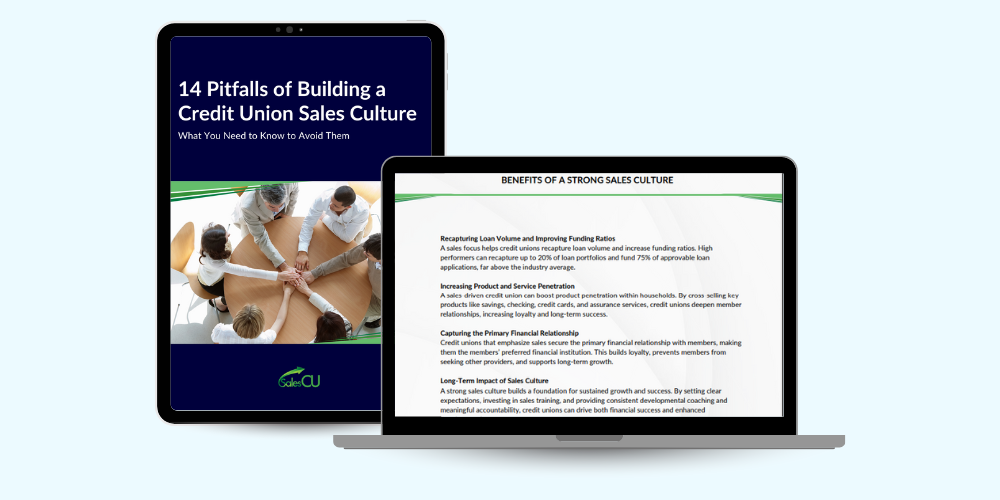In the midst of a changing world landscape, day to day life is riddled with uncertainties. Unfortunately, it is an inherent part of life that we all must face—the unknowns. Events out of our control, random situations that arise, and sudden shifts in our everyday lives can wreak havoc on mental and emotional well-being. Fortunately, there are strategies leaders can take to mitigate the impact of uncertainty on employees and members. First, let’s start by understanding the nature of uncertainty and its effects on mental well-being.
Some of the unknowns that can impact mental and emotional health include:
- Political uncertainty
- Job market unpredictability
- Economy stress
- Global conflicts
- Relationship difficulties
- Medical crises
The emotional toll of uncertainty
Although uncertainty is a part of life, we all handle it in different ways. Some of us manage to adapt to a changing landscape more quickly than others, but all of us are impacted by uncertainty in one way or another. Our outward responses may vary, but uncertainty can have a major impact on anyone’s mental well–being. This may manifest in your employees or members as:
- Fear and worry: Struggling with the unknown can lead to anxious and/or fearful thoughts, which can show up as forgetfulness, restlessness, fatigue, racing thoughts, attention issues, trouble sleeping, foggy thinking, procrastination, hyper-vigilance, and even pain in the body.
- Confusion: Uncertainty can create what are called “cognitive distortions,” which are negative patterns of thought that focus on worst-case-scenarios, assumptions, and an underestimation of coping skills. People suffering from this type of confusion might feel uncertainty will surely lead to catastrophe.
- Depression and grief: When aspects of life feel out of our control it can sometimes lead to feelings of hopelessness, which can turn into apathy, depression, and even grief. This could manifest as a lack of interest in activities or hobbies, loss of appetite, sleep issues, lingering sadness, and trouble focusing.
- Anger and agitation: Not knowing what to expect in life can feel frustrating, especially when it affects the lives of your loved ones. This frustration can sometimes show up as anger or agitation, and can cause people to become more reactive, less patient, and more sensitive to criticism.
Supporting mental wellness through the unknown
The hidden impact of uncertainty is profound, but there is hope on the horizon. In uncertain times, it’s important for leaders in the credit union space to facilitate a sense of stability and security in both employees and members. By doing so, you send a message of resiliency and empowerment that can help everyone feel capable of making it through the uncertainties of life.
During times of uncertainty, it’s important to help employees and members feel supported and grounded when confronting the unknowns. Let’s take a look at the areas of support leaders can develop within their organizations:
1. Identify the uncertain
During periods of unpredictability, stress can cause negative responses to be misdirected. That’s why it is important to both identify and acknowledge the uncertainties that are actually causing the stress. Although you won’t be able to solve an issue that is outside of your control, you can help employees and members find relief and clarity by pinpointing the problem.
2. Cultivate an environment of empathy
Sharing an experience not only reduces stress, but helps people feel validated and connected. By promoting an environment of empathy and acceptance, you demonstrate that you prioritize the emotional well-being of your team members. This means recognizing when employees need a listening ear, and providing them withservicesthat connect members with people who understand what they are going through. Listen without judgment, enabling credit union employees and members the opportunity to talk about their fears and anxieties in a supportive space.
3. Foster resiliency and structure
Uncertainty feels unstable. This is why it’s important for leaders to develop an atmosphere of resiliency by maintaining a predictable and logical structure within an organization. Building and maintaining structure during uncertain times means developing a plan that focuses on team-building, incentivization, attainable goals, and prioritizing mental well-being. These strategies improve motivation, and when employees feel motivated to push through challenging times, it fosters a sense of resiliency that has a long-lasting, cumulative effect.
4. Provide access to tools and resources
When life feels unpredictable, knowing where to turn for help can seem daunting. Finding the right tools and resources can make all the difference when navigating an uncertain world. Utilizing a service like Kindly Human provides members and employees with access to a curated list of national and organizational resources to help them maintain clarity through uncertain and confusing times.
The uncertainties of life are often outside of our control. But, while you may not be able to solve every problem, you can give members and employees the support and resources they need to get through uncertain times with resiliency.







